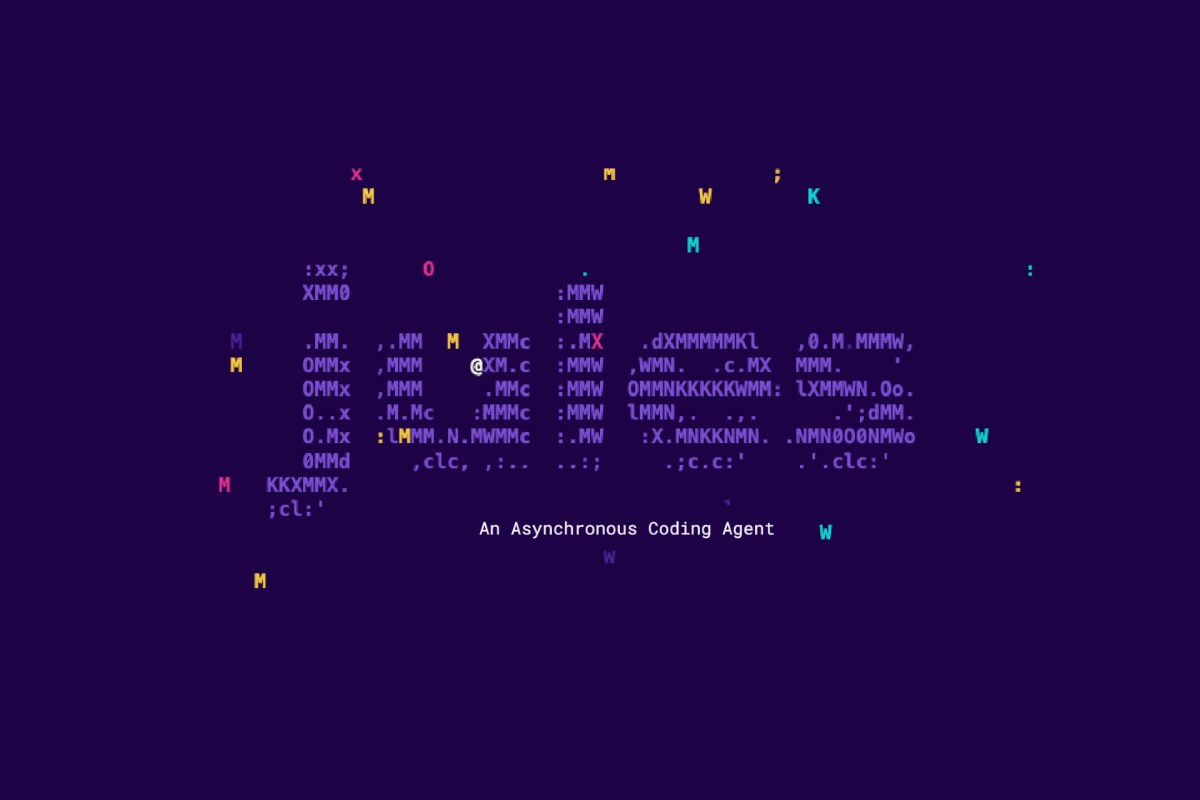Google Extends Jules AI Coding Agent with Command-Line Tools and Public API

Key Points
- Google launches a command‑line interface and public API for Jules, its AI coding assistant.
- Jules now runs directly in terminals, CI/CD pipelines, and can be integrated with chat and IDE tools.
- The agent continues to use Google’s Gemini 2.5 Pro model, focusing on autonomous, scoped tasks.
- Recent upgrades include memory retention, stacked diff viewer, image upload, and pull‑request comment handling.
- Jules can pause and request human input when it encounters an unsolvable issue.
- Mobile experience currently web‑based; native notifications are under exploration.
- Free tier offers 15 daily tasks and three concurrent tasks; paid tiers start at $19.99 per month.
- The expansion aims to reduce context switching and deepen Jules’s role in professional developer workflows.
Google has broadened the reach of its AI coding assistant Jules by launching a command‑line interface and opening a public API. The new tools let developers invoke Jules directly from terminals, CI/CD pipelines, and chat platforms, reducing the need to switch between web pages and code repositories. Jules will continue to run on Google’s Gemini 2.5 Pro model and now supports more scoped, autonomous tasks while still prompting users when it encounters obstacles. The rollout follows recent feature upgrades such as memory, diff‑viewer enhancements, and broader version‑control support, positioning Jules as a deeper fixture in professional developer workflows.
Jules Moves Into Developers’ Native Environments
Google announced that its AI‑powered coding assistant, Jules, is now accessible through a command‑line interface (CLI) and a public application programming interface (API). The CLI enables developers to interact with Jules directly from their terminal, allowing the agent to receive commands, execute code changes, and return results without leaving the development environment. By exposing an API, Google also lets teams embed Jules into existing tools such as integrated development environments (IDEs), Slack, and continuous‑integration pipelines.
Why the Change Matters
Until now, Jules was reachable only via a web dashboard and GitHub repositories. The new integrations aim to “reduce context switching for developers as much as possible,” according to a Google Labs product director. By bringing the agent into terminals and CI/CD systems, Google hopes to make AI‑assisted coding a seamless part of daily workflows rather than a separate step.
Technical Foundations
Both the CLI and the public API run on Google’s Gemini 2.5 Pro model, the same large‑language model that powers the existing Gemini CLI. The distinction, as explained by a senior developer advocate, is that Jules is designed for “very scoped tasks” and operates more autonomously once a user approves its plan. In contrast, Gemini CLI encourages a more iterative, collaborative interaction.
Recent Feature Additions
Jules has recently gained a suite of capabilities that improve its usability and oversight. Memory features now let the agent retain context about a user’s preferences, nudges, and corrections across sessions. The diff viewer received a stacked layout, and the tool now supports image uploads and the ability to read and respond to pull‑request comments. These upgrades set the stage for broader integrations beyond GitHub, as users have expressed interest in connecting Jules to other version‑control systems or even operating without a repository.
Oversight and Mobile Experience
The agent is built to pause and ask for human input when it encounters a roadblock it cannot resolve on its own. This safety measure is intended to keep developers in the loop and maintain control over code changes. While the current mobile experience relies on a web interface, Google is exploring native notifications to improve usability on smartphones.
Pricing and Availability
Jules exited beta and is now offered under structured pricing tiers. A free plan provides up to 15 individual daily tasks and three concurrent tasks. Paid plans—Google AI Pro and Ultra—offer higher limits for a monthly fee of $19.99 and $124.99, respectively.
Implications for the AI‑Coding Market
Google’s move positions Jules as a more entrenched tool for professional developers, differentiating it from other AI coding platforms that target casual or non‑technical users. By embedding the agent into the tools developers already know, Google seeks to capture a larger share of the emerging AI‑assisted software‑development market.